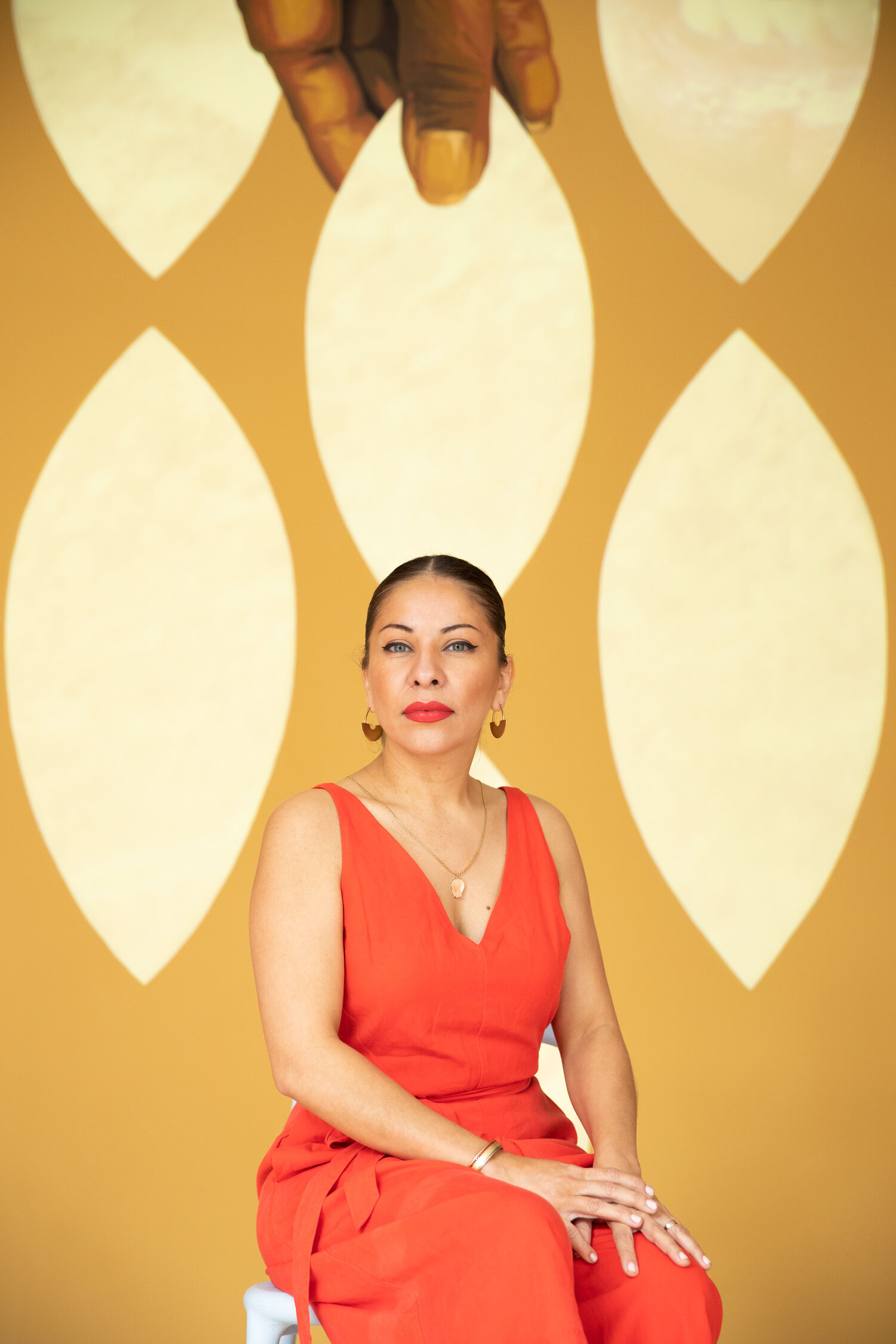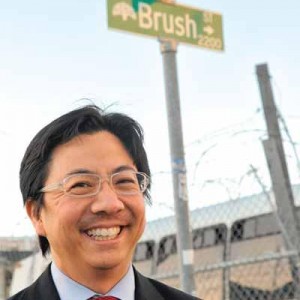Urban Strategy in the Present Tense ft. Michelle Angela Ortiz and Jeremy Liu
Urban Strategy in the Present Tense is a conversation series featuring notable urbanists discussing their frontline work in urban resilience, as well as sharing their insights about public policymaking, urban problem solving, and life in Philadelphia.
The series is produced by the Lindy Institute for Urban Innovation at Drexel University in partnership with the Urban Strategy Masters Program in Drexel's Westphal College of Media, Arts & Design.
This episode with Michelle Angela Ortiz and Jeremy Liu was made in partnership with Arizona State University.
 Michelle Angela Ortiz is a visual artist/ skilled muralist/ community arts educator who uses her art as a vehicle to represent people and communities whose histories are often lost or co-opted. Through community arts practices, painting, and public art installations, she creates a safe space for dialogue around some of the most profound issues communities and individuals may face. Her work tells stories using richly crafted and emotive imagery to claim and transform spaces into a visual affirmation that reveals the strength and spirit of the community.
Michelle Angela Ortiz is a visual artist/ skilled muralist/ community arts educator who uses her art as a vehicle to represent people and communities whose histories are often lost or co-opted. Through community arts practices, painting, and public art installations, she creates a safe space for dialogue around some of the most profound issues communities and individuals may face. Her work tells stories using richly crafted and emotive imagery to claim and transform spaces into a visual affirmation that reveals the strength and spirit of the community.
For 20 years, Ortiz has designed and created over 50 large-scale public works nationally and internationally. Since 2008, Ortiz has led art for social change public art projects in Costa Rica & Ecuador and through the US Embassy in Fiji, Mexico, Argentina, Spain, Venezuela, Honduras, and Cuba.
Ortiz is a 2018 Pew Fellow, a Rauschenberg Foundation Artist as Activist Fellow, a Kennedy Center Citizen Artist National Fellow, and a Santa Fe Art Institute Equal Justice Resident Artist. In 2016, she received the Americans for the Arts' Public Art Year in Review Award which honors outstanding public art projects in the nation.
 Liu is an award-winning artist, social impact strategist, and real estate developer with a successful track record of developing “Community Benefits by Design” real estate projects. As the Senior Fellow for Arts, Culture and Equitable Development at PolicyLink, he has shaped and is guiding an initiative that integrate arts and culture into the work of equitable development.
Liu is an award-winning artist, social impact strategist, and real estate developer with a successful track record of developing “Community Benefits by Design” real estate projects. As the Senior Fellow for Arts, Culture and Equitable Development at PolicyLink, he has shaped and is guiding an initiative that integrate arts and culture into the work of equitable development.
In 2004, Jeremy created the National Bitter Melon Council with his long-time collaborator Hiroko Kikuchi. The Council, which promotes the literal and poetic potential of Bitter Melon (Momordica charantia) and continues to operate as a vegetable promotion board, received the Artadia Artist Prize and has performed, practiced, exhibited and promoted in neighborhoods, communities, museums, and venues around the country. As a community developer, he has led two different affordable housing and community economic development organizations responsible, eventually, for overseeing a staff of 110 professionals, 1,400 apartments in 16 properties home to several thousand families and residents, 250,000 square feet of commercial space, an operating budget of over $12 million, and assets in excess of $150 million.
He is also the co-founder of Creative Ecology Partners, a design studio and incubator for urban, economic and community development innovation that has advised purpose-built social enterprises in real estate, systems engineering, consumer packaged goods, workforce development, urban agriculture, food retail, mobile banking, green infrastructure, and arts & culture. He is a board member of the Center for Neighborhood Technology and the New England Foundation for the Arts, and has served as an advisor/panelist for a range of organizations, including the Philanthropic Ventures Foundation, the National Endowment for the Arts, the National Science Foundation, ArtPlace America, the Institute for the Future, the Oakland Business Development Center, and the Berkeley Art Museum/Pacific Film Archives.